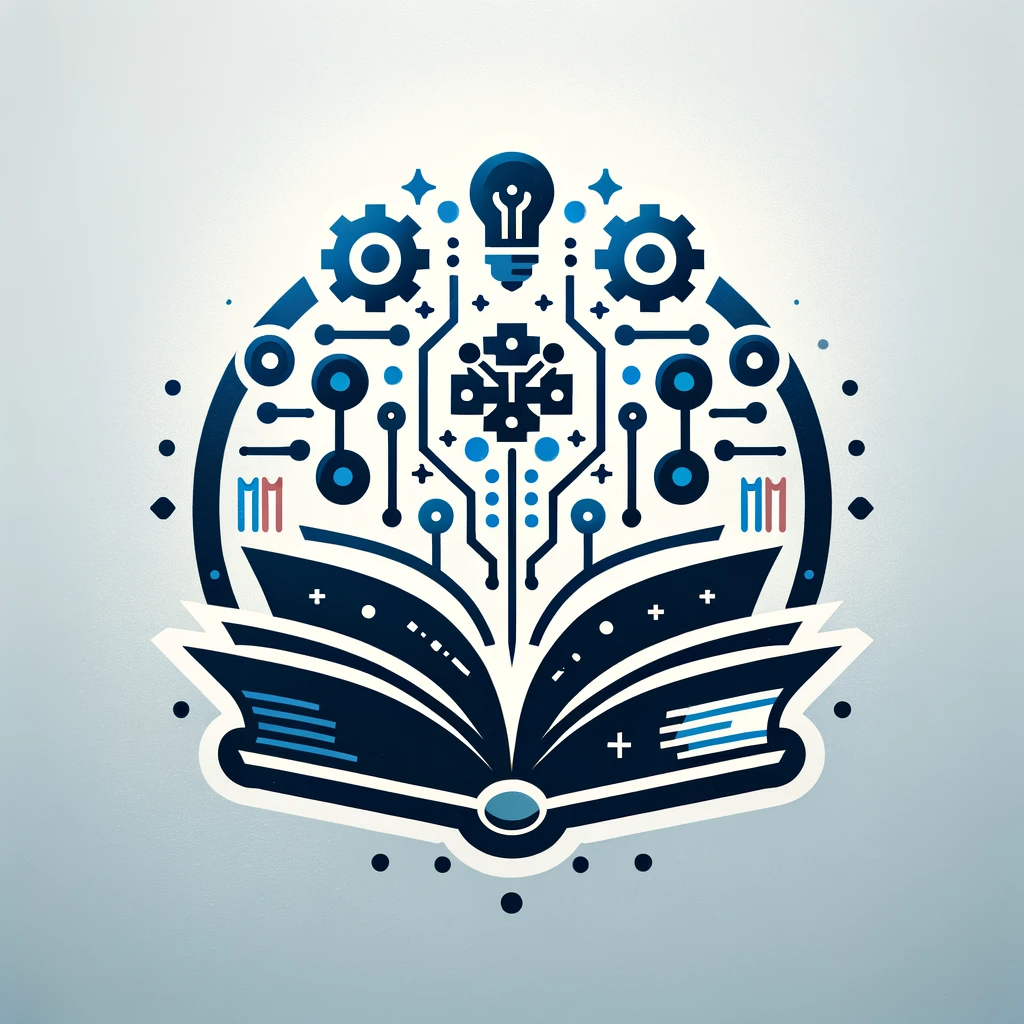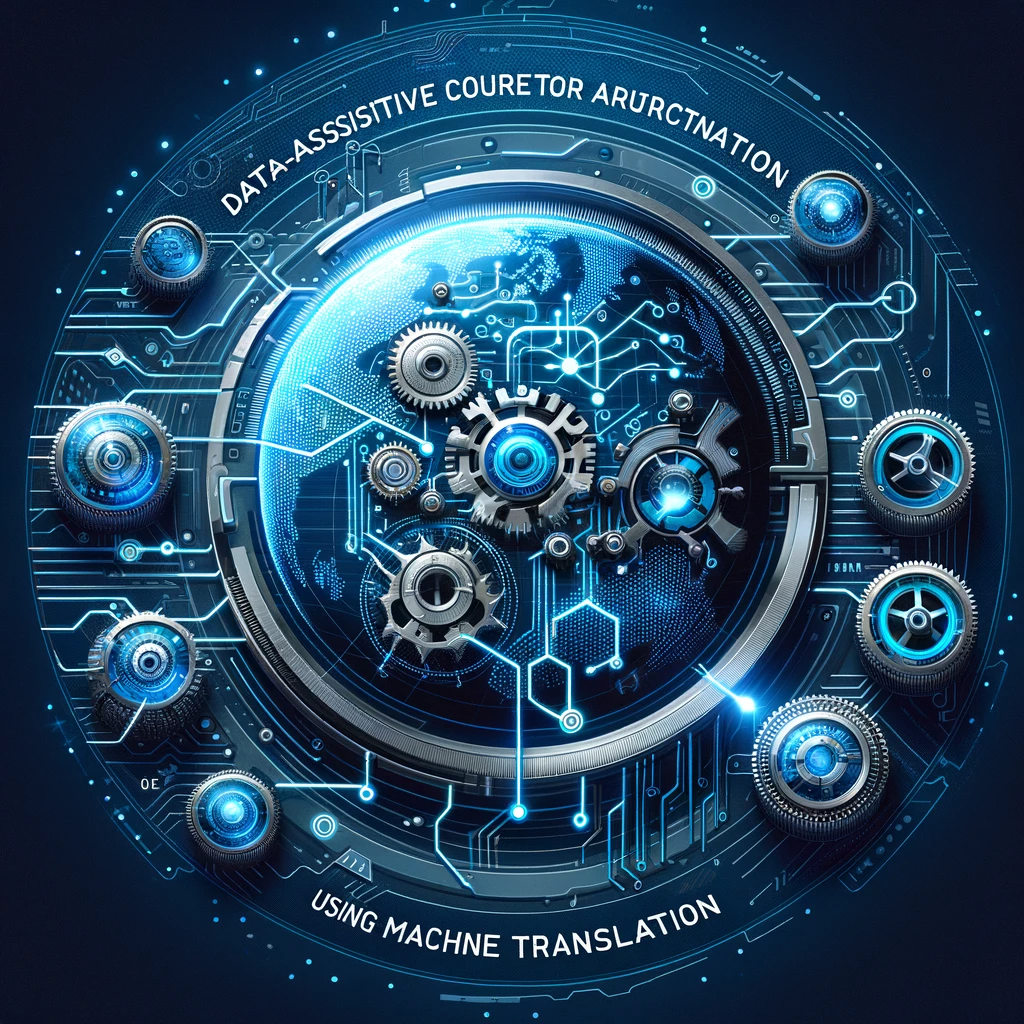Explainable Course Recommendation: Connecting College Education to Knowledge and Careers Through Skills
Academic choice and exploration are essential aspects of undergraduate education in the United States, allowing students to select courses with minimal restrictions. However, students often face challenges in navigating the complex academic landscape, hindered by limited information, insufficient guidance, and an overwhelming number of choices. Time constraints from the academic calendar and high demand for popular courses make a thorough evaluation of options difficult. Although academic institutions provide career guidance counselors or advisers, the number of advisers is still limited. Course recommendation systems aim to offer personalized suggestions based on students’ academic backgrounds, preferences, skills, and career goals. However, there is a lack of research on students’ perceptions of recommendations and the provision of explanations to help them evaluate course relevance. Moreover, the majority of course recommender systems concentrate only on the context of learning in higher education. Despite the importance of career goals, none have attempted to establish a connection between learning and work by incorporating job information into course recommendation and explanation. This dissertation explores the development of an advanced course recommendation system in higher education, linking academic courses to career paths using deep learning and natural language processing techniques. It begins by examining various methods for representing and recommending courses, utilizing institutional big data and combining content-based and collaborative models for better performance. A central aspect of this dissertation is the development of skill-based explanations for course recommendations. This is achieved by employing a deep concept extraction model that utilizes BERT and BI-LSTM-CRF architectures. This model effectively extracts concepts from course descriptions, enhancing the recommendation process. Using this concept extraction model, I investigate the impact of skill-based explanations in a serendipitous course recommendation system, which was tested using the AskOski system at the University of California, Berkeley. The findings indicate that these explanations not only increase user interest, particularly in courses with high unexpectedness, but also bolster decision-making confidence. To achieve greater personalization in course recommendations, the future of this field extends beyond academics by incorporating insights from the job market to align with students’ career aspirations. This dissertation introduces an innovative approach for integrating skill-related data into course recommendation systems, effectively bridging the gap between academic pursuits and career aspirations. Finally, I develop an explainable, personalized course recommendation system that incorporates insights from the job market. This system tailors course suggestions based on students’ academic histories and career preferences. Its objective is to enhance course exploration in higher education, assisting students in navigating their educational paths and acquiring the essential skills required for their chosen majors and future careers. A user study conducted at the University of Pittsburgh demonstrates that the recommendations were generally perceived as valuable, with explanations playing a pivotal role in aiding students to assess their interest in the recommended courses. This underscores the significance of integrating skill-related data and explanations into educational recommendation systems.




